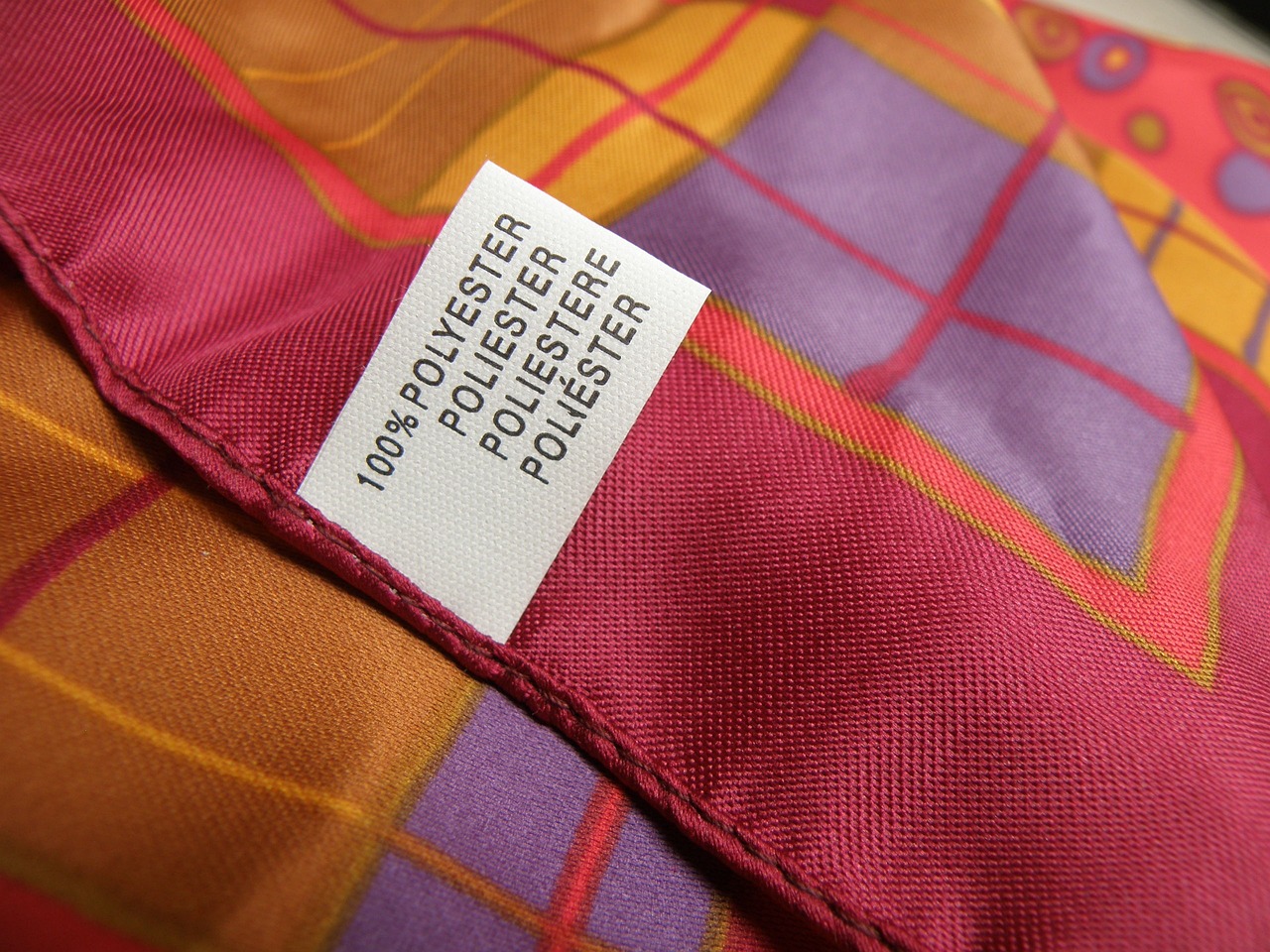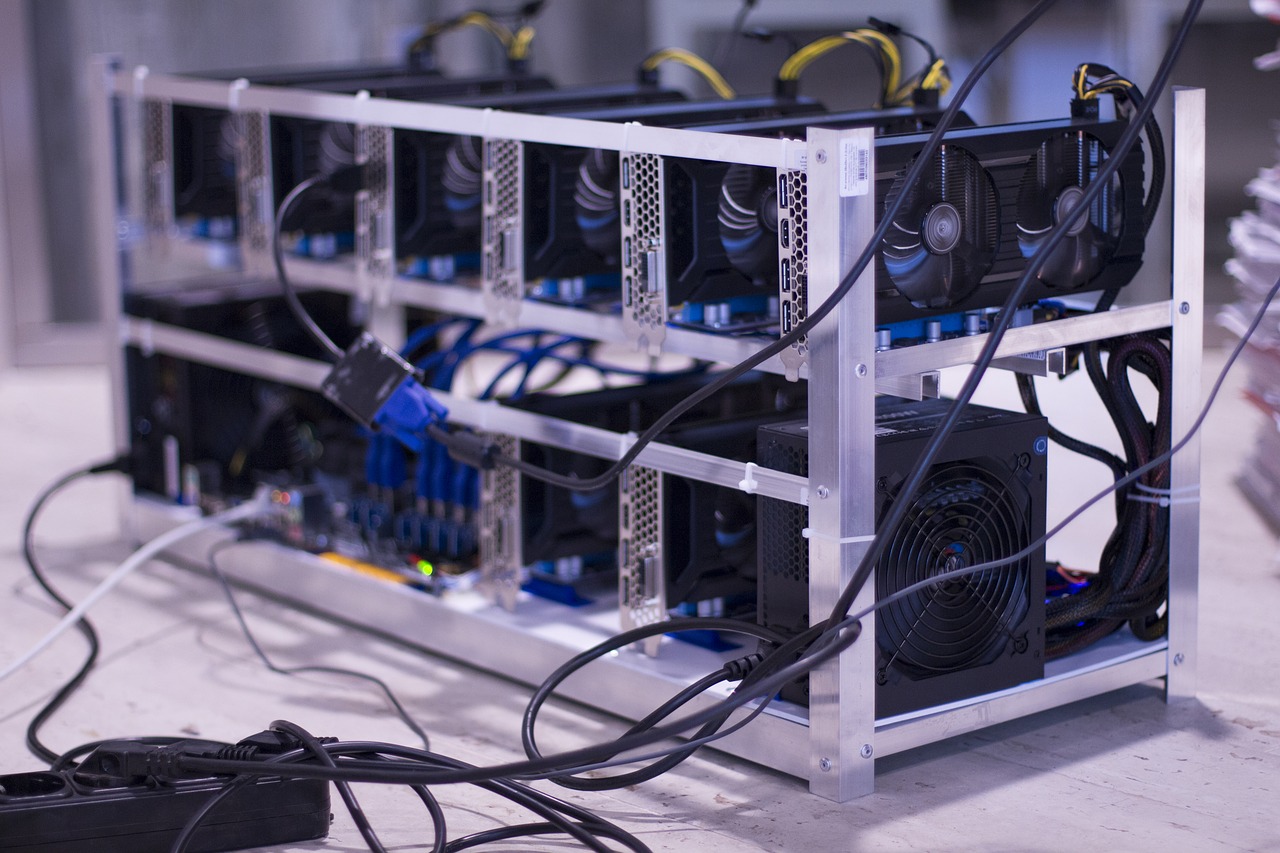Citizens of the mid to late 21st century will vote on local, state and national government bills directly from their smartphones, circumventing elected representatives who will have proven by that time, if they haven’t already, as being untrustworthy and ineffective in representing the people they were elected to represent
History is cyclical and this happened once before in the US when the captains of US industry, J.P. Morgan, John D. Rockefeller and Andrew Carneige handpicked James McKinley for President to protect the monopolies they had worked so hard to build.
Just as Rockefeller saw Standard Oil split into 34 pieces including Exxon, Chevron and Mobile Oil, in the coming decades, big changes will come to the US political system as it is remade using new technology.
Political Approval Ratings at 10%
Technological revolution is all about replacing yesterday’s “holy” technology or institutions with something better, more effective and efficient.
Some human institutions simply become obsolete and with most politicians spending more than 75% of their time seeking to raise money from powerful monied interests, it is clear that they are not working on behalf of the people they have taken the oath of office to represent.
Getting Rid of Backroom Dealing & the Cult of Personality
A new industry, made up of a number of new companies believes it’s time to replace the US political class, its dysfunctional ways and perpetual gridlock with smart technology that will result in the “direct rule” of citizens. Gone will be the cults of personality in which idealized public figures, their flattering ways and glaring shortcomings are replaced by a political system based on information and knowledge.
Computers and software have done much for the human race: space travel, safer planes, smartphones: the list is endless. The emergence of Facebook and websites like OKCupid, a free online dating service created by Christian Ridder, a Harvard mathematician, show that humans are willing to engage with software technology for their most important needs.
Can Software be Trusted to Run a Country?
The obvious challenge to developing a computer based voting system is that hackers could hijack votes on critical issues, gum up the system and create a far worse outcome. But software experts believe the technology can be made secure.
While talk of computerized voting may seem like “pie in the sky”, two candidates for Congress ran in the 2014 election representing two districts in Fresno, California. Both candidates were software engineers who pledged to vote according to software tallies recorded by a computerized system proposed by a company called PlaceAVote.
The Most Transparent Voting System Ever Devised
According to PlaceAVote, registered voters will be able to vote on bills that come before the United States Congress. Voters can place or change a vote when a Bill becomes publicly available and voting ends 15 minutes before elected representatives are required to place their votes. PlaceAVote software allows for private/public key encryption similar to that being used by BitCoin so that votes can be counted but kept private.
Registered voters, using the software, will also be able to delegate their votes to another registered voter in their district. In addition, voters will be given real-time stats on the status of votes, be able to view their historical votes, audit their vote to ensure it was counted, and discuss bills and issues in a forum style format.
Related articles on IndustryTap:
- Can New Digital Services Help Solve US Government Information Rubik’s Cube?
- Government 2.0 Could Be Worth $3 Trillion Worldwide
- United States Reaches $600 Million Tank Ammunition Deal With the Iraqi Government
References and related content:






